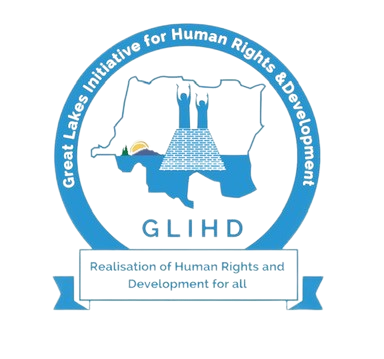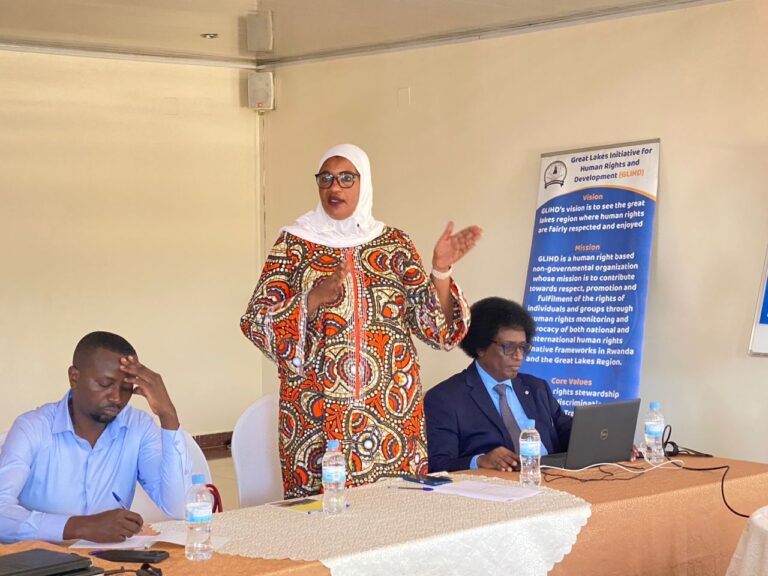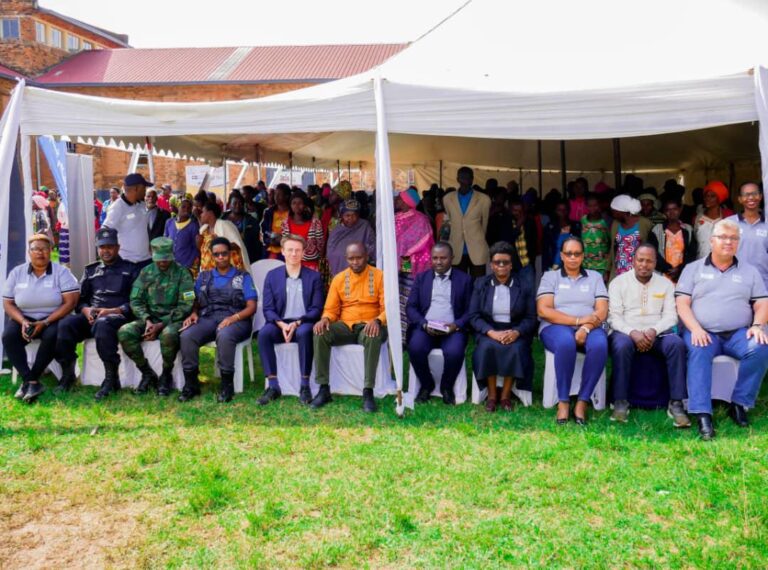The Universal Periodic Review (UPR) is a human rights monitoring system which was established by the United Nations Human Rights Council (HRC) on March 15, 2006 by the United Nations.
UPR periodically examines the human rights performance of all 193 UN Member States and is aimed at complementing the work of other human rights mechanisms, including the UN human rights treaty bodies.
The Great Lakes Initiative for Human Rights and Development (GLIHD), as an organization with a mission to contribute to the respect, promotion and fulfillment of the rights of individuals and groups in line with international human rights framework and obligations of member states, ensuring proper advocacy and implementation is at the core of its duties.
Specifically with regards to human rights monitoring and reporting, GLIHD has been actively involved in increasing awareness of Universal Periodic Review (UPR) process, the recommendations given to Rwanda, their monitoring, and reporting techniques among diverse beneficiaries ranging from other civil society organizations (CSOs), journalists and media houses, lawyers including women lawyers among others.
For this reason, GLIHD organized a Training of Trainers among Governance Focal Persons (GFPs) representatives on UPR recommendations given to Rwanda, to equip them with knowledge and skills for a wider dissemination of UPR among other GFPs and the general community.
The choice of training for GFPs came as a result of the fact they are pivotal in disseminating knowledge about UPR recommendations for they can facilitate in ensuring that they are being responded to or implemented within their communities.
GFPs’ representatives were selected from 19 districts and participated in a two-day training from 9-10th November 2023, where interactive discussions, presentations, and practical sessions were held.
By training them, the goal was to enhance their capacity in the representationon on UPR and to effectively disseminate and advocate for the implementation of UPR recommendations within their communities.
Participants hence received comprehensive training materials and resources such as handbooks that they were to use during the training other GFPs and the general community.
Expected Outcomes
Specifically, this training sought to equip GFPs with in-depth knowledge about the specific UPR recommendations given to Rwanda, under different clusters including those specific to the context of their communities and their implications to human rights and development in the country.
It was also expected that GFPs would be enabled to act as effective advocates for the implementation of UPR recommendations in Rwanda and to also equip them with appropriate training methodologies that can be used to disseminate UPR recommendations at community level.
GFPs’ representatives were to receive an understanding of UPR recommendations and their relevance to local contexts, enabling them to effectively advocate for their implementation within their communities.
They were also to be equipped with the skills and knowledge to disseminate UPR recommendations to a wider grassroots audience, ensuring that more citizens are informed about the UPR process and the recommendations given to Rwanda and how they are being implemented in their communities.
To ensure the effectiveness of this activity, GLIHD plans to implement a robust monitoring and evaluation system to track the progress and impact of the training program. This will include pre- and post-training assessments, regular follow-ups with GFPs, and feedback sessions to continuously improve the training approach.


